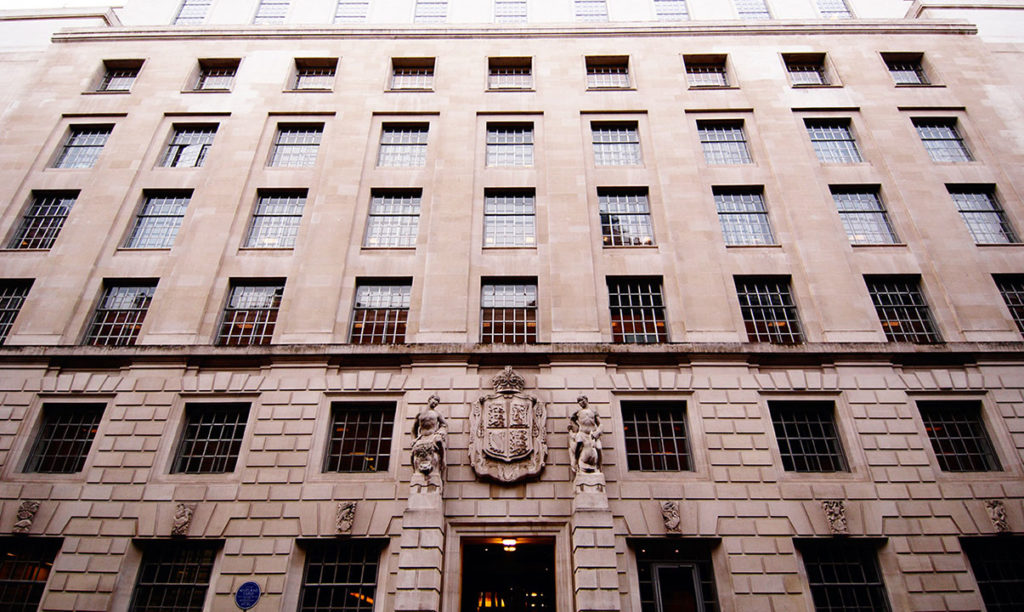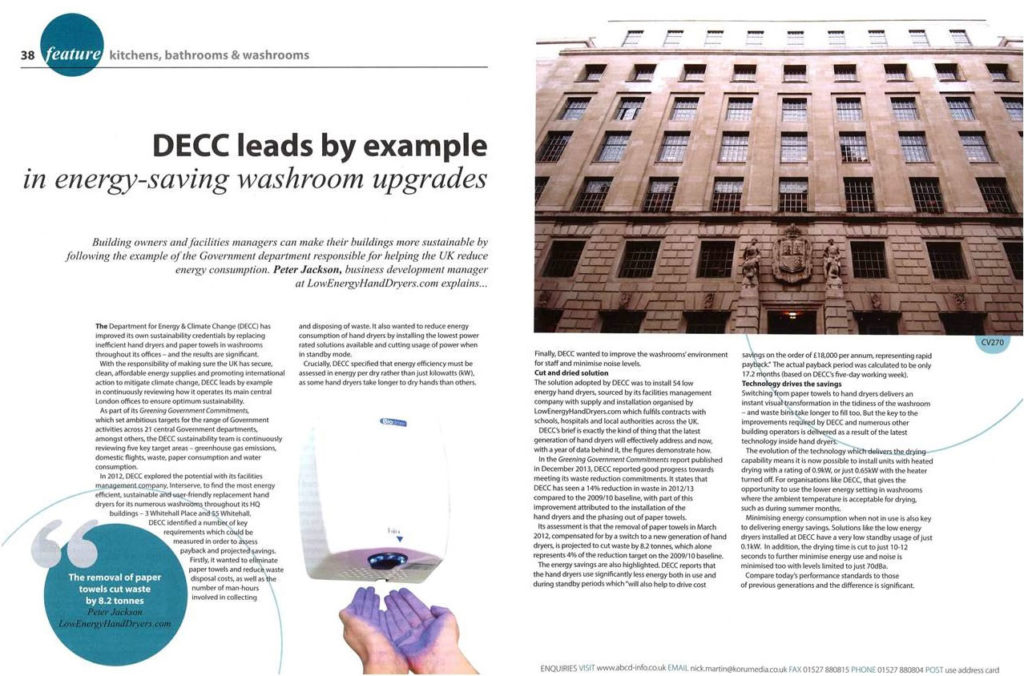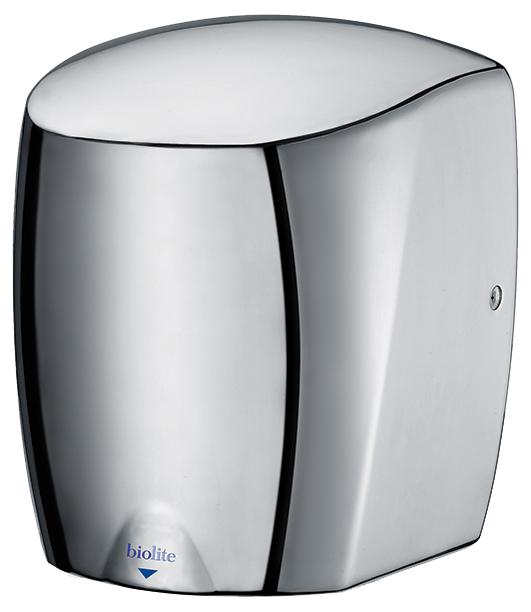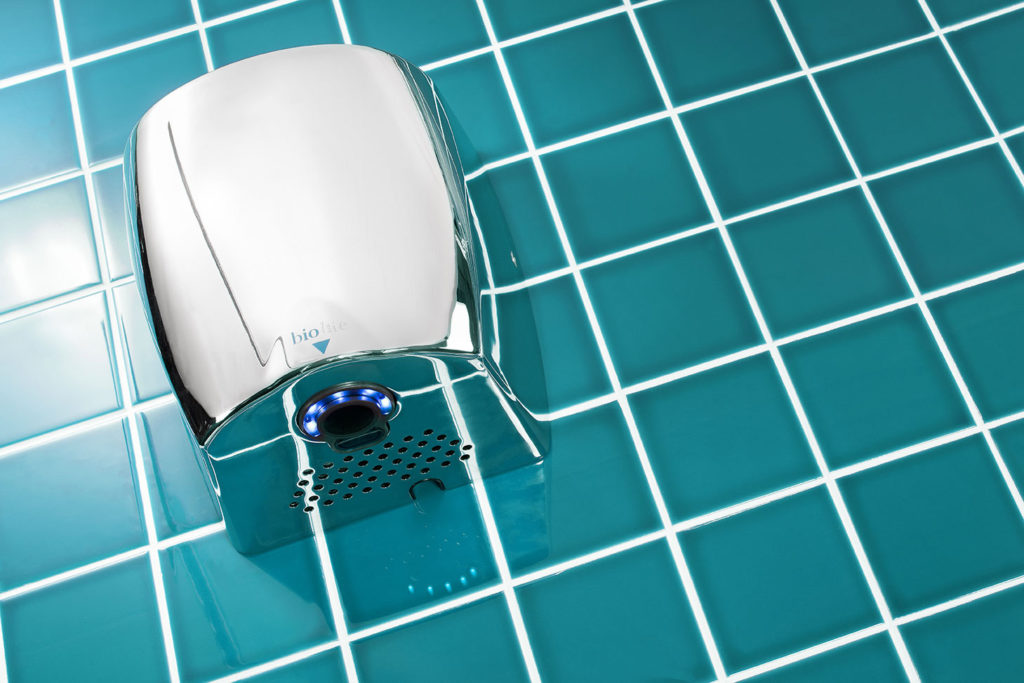The Department for Energy and Climate Change (DECC)

Building owners and facilities managers can learn a lot about making their buildings more sustainable from the government department responsible for helping the UK reduce energy consumption.
The Department for Energy and Climate Change (DECC) has improved its own sustainability credentials by replacing inefficient hand dryers and paper towels in washrooms throughout its offices – and the results are significant.
With the responsibility of making sure the UK has secure, clean, affordable energy supplies and promoting international action to mitigate climate change, DECC leads by example in continuously reviewing how it operates its main central London offices to ensure optimum sustainability.

As part of their Greening Government Commitments, which set ambitious targets for the range of Government activities across 21 central Government departments, amongst others, the DECC sustainability team is continuously reviewing five key target areas – greenhouse gas emissions, domestic flights, waste, paper consumption and water consumption.
In 2012, DECC explored the potential with its facilities management company Interserve to find the most energy efficient, sustainable and user-friendly replacement hand dryers for its numerous washrooms throughout its HQ buildings 3 Whitehall Place and 55 Whitehall.

DECC identified a number of key requirements which could be measured in order to assess payback and projected savings.
Firstly, it wanted to eliminate paper towels and reduce waste disposal costs, as well as the number of man-hours involved in collecting and disposing of waste. It also wanted to reduce energy consumption of hand dryers by installing the lowest power rated solutions available and cutting usage of power when in standby mode.
Crucially, DECC specified that energy efficiency must be assessed in energy per dry rather than just kilowatts (kW), as some hand dryers take longer to dry hands than others. Finally, DECC wanted to improve the washrooms environment for staff and minimise noise levels.

Cut and dried solution
The solution adopted by DECC was to install 54 Biolite low energy hand dryers, sourced by their facilities management company Interserve with supply and installation organised by LowEnergyHandDryers.com who fulfil contracts with schools, hospitals and local authorities across the UK.
DECC’s brief is exactly the kind of thing that the latest generation of hand dryers will very effectively address. And now with a year of data behind it, the figures demonstrate how.
In the Greening Government Commitments report published in December 2013, DECC reported good progress towards meeting its waste reduction commitments. It states that DECC has seen a 14% reduction in waste in 2012/13 compared to the 2009/10 baseline, with part of this improvement attributed to the installation of the hand dryers and phasing out of paper towels.
Its assessment is that the removal of paper towels in March 2012, compensated for by a switch to a new generation of hand dryers, is projected to cut waste by 8.2 tonnes, which alone represents 4% of the reduction target on the 2009/10 baseline.
The energy savings are also highlighted too. DECC reports that the hand dryers use significantly less energy both in use and during standby periods which “will also help to drive cost savings on the order of £18,000 per annum, representing rapid payback”. The actual payback period was calculated to be only 17.2 months (based on DECC’s five-day working week).
Switching from paper towels to hand dryers delivers an instant visual transformation in the tidiness of the washroom – and waste bins take longer to fill too. But the key to the improvements required by DECC and numerous other building operators are delivered as a result of the latest technology inside hand dryers.
The evolution of the technology which delivers the drying capability means it is now possible to install units with heated drying with a rating of 0.9kW, or just 0.65kW with the heater turned off. For organisations like DECC, that gives the opportunity to use the lower energy setting in washrooms where the ambient temperature is acceptable for drying such as during summer months.
Minimising energy consumption when not in use is also key to delivering energy savings. Solutions like the Biolite dryers installed at DECC have a very low standby usage of just 0.1kW. In addition, the drying time is cut to just 10-12 seconds to further minimise energy use and noise is minimised too with levels limited to just 70 dBa.
Compare today’s performance standards to those of previous generations and the difference is significant.
Get In Touch
To find out more get in touch using the form below or call Peter Jackson on 07957 472397
